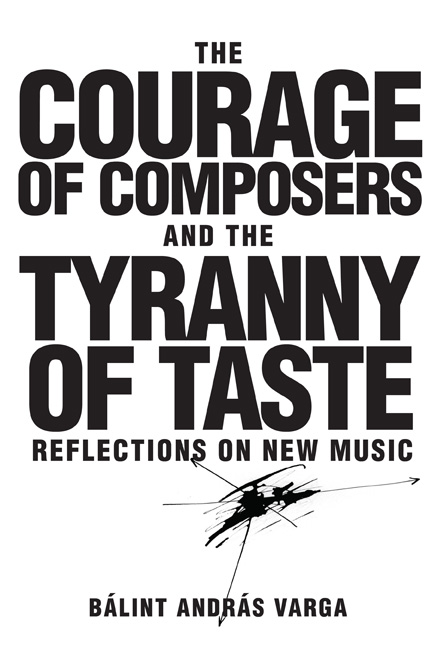17 - György Kurtág (b. 1926)
Published online by Cambridge University Press: 22 May 2021
Summary
The following conversation took place on February 17, 2016, in Budapest, two days before György Kurtág's ninetieth birthday.
Concerts of his music were mounted daily between February 14 and 21—a grueling week for the composer and his wife. I was very lucky indeed to catch half an hour or so with him right in the middle of it where Kurtág agreed to answer my questions. Of course, it was anything but an undisturbed thirty minutes. Telephone calls would interrupt the interview: musicians were calling to wish him many happy returns. Kurtág would support himself on his cane and my arm and walk ever so slowly to take the receiver. Also, the door would open at regular intervals; Márta did her best to keep the visitors away and eventually leftthe room to act as temporary Cerberus.
I do not think I had ever felt so tense and anxious during an interview. I was fully aware that I would probably never have another chance and felt bad about taking Kurtág's time when he was obviously exhausted. No wonder I would forget what we had been talking about when he had finished a call and I turned on the recorder again.
When Márta returned, we had just finished the interview. She asked: “Well, how was it?” Kurtág replied: “I did not say anything of interest.” He repeated the same thing a few weeks later when I had rung him to ask if he had received the transcript of our conversation. It is far too short, he said, full of mistakes; it is really not worth publishing. He was nevertheless willing to answer the questions I had put to him in my accompanying letter and to clarify the mistakes. I took it as a sign of his tacit agreement that I might include the text in this book. I was lucky after all.
Budapest, February 17, 2016
Over thirty years ago, you told me it had taken you a long time to accept that you had the makings of a composer. Márta played some of your compositions for Szervánszky, and …
- Type
- Chapter
- Information
- The Courage of Composers and the Tyranny of TasteReflections on New Music, pp. 98 - 110Publisher: Boydell & BrewerPrint publication year: 2017



